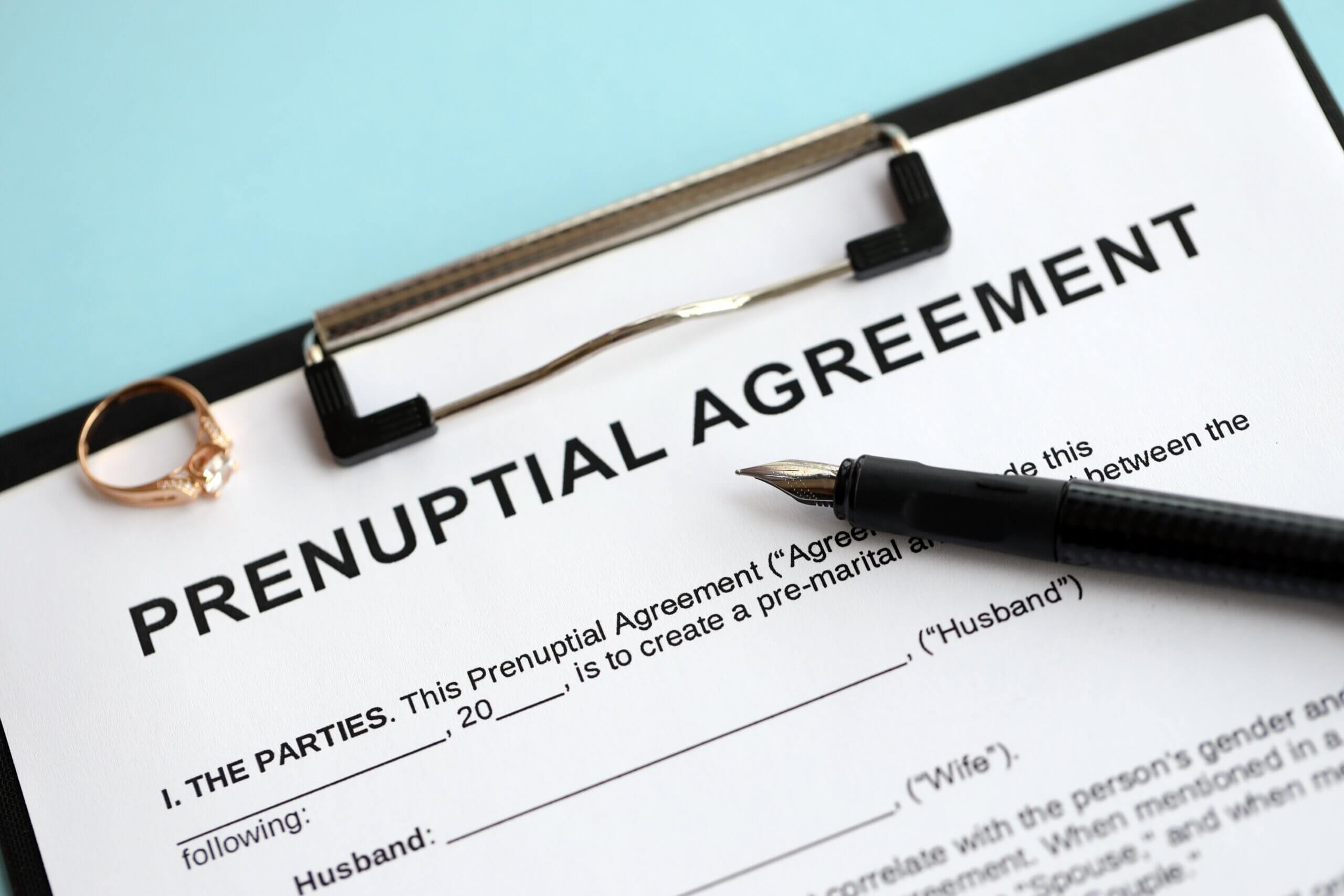
When it comes to planning for the future, one of the key legal tools that can give you peace of mind is a Power of Attorney (PoA). In the UK, there are two primary types of PoA that can be set up for individuals: Lasting Power of Attorney (LPA) and Enduring Power of Attorney (EPA). While they share a similar purpose (appointing someone to manage your affairs) they differ significantly in terms of legal implications, when they apply, and how they are set up.
We’ll break down the key differences between a Lasting Power of Attorney (LPA) and an Enduring Power of Attorney (EPA), as well as common questions people have about these important legal tools. Whether you’re concerned about health and welfare or wondering about costs and what happens after death, Bromfield Legal has got you covered.
What Is a Lasting Power of Attorney (LPA)?
A Lasting Power of Attorney (LPA) is a legal document that allows you to appoint someone (known as your “attorney”) to make decisions on your behalf in the event that you can no longer make those decisions yourself. There are two main types of LPA:
- Health and Welfare LPA: This allows your attorney to make decisions about your medical treatment, care, and general well-being if you become incapable of making these decisions yourself. The decisions can cover anything from where you live to life-sustaining treatment.
- Property and Financial Affairs LPA: This grants your attorney the authority to manage your financial matters, including paying bills, managing bank accounts, or selling property on your behalf.
The key feature of an LPA is that it only takes effect once it has been registered with the Office of the Public Guardian (OPG), and the individual (you, the donor) must have the mental capacity to make the decision to create the LPA in the first place.
What Is an Enduring Power of Attorney (EPA)?
An Enduring Power of Attorney (EPA) was the predecessor to the LPA, and while it still remains valid for those created before October 2007, it has been largely replaced by LPAs for new cases.
An EPA is specifically concerned with giving someone the authority to make decisions about your property and financial affairs. It does not cover health and welfare decisions. The key difference between an EPA and an LPA is that an EPA does not require registration with the OPG while the donor is still capable of making decisions. It only needs to be registered once the donor loses mental capacity.
Key Differences Between LPA and EPA
- Scope of Authority:
- LPA: Covers both health and welfare decisions as well as property and financial matters.
- EPA: Only covers property and financial affairs.
- Creation and Registration:
- LPA: Must be registered with the OPG before it can be used, and the donor must have mental capacity when setting it up.
- EPA: Does not need to be registered until the donor loses mental capacity, but can only be used for financial matters.
- Legal Standing:
- LPA: Has broader legal safeguards and is more flexible, especially since it can be used to manage both personal care and financial decisions.
- EPA: Limited to financial matters and cannot be used for health and welfare decisions.
- Post-Death Considerations: An important distinction between both documents is that neither LPA nor EPA is valid after death. However, an attorney’s authority under an LPA or EPA ends immediately upon death, and the appointment of an attorney ceases. At this point, your estate would be managed according to your will or the laws of intestacy if there is no will in place.
Setting Up an LPA or EPA: How Does it Work?
Setting Up an LPA: Setting up an LPA requires filling out a form and registering it with the Office of the Public Guardian. Both the donor and the attorney must be in agreement, and a certificate provider (usually a professional such as a solicitor or doctor) is required to verify that the donor understands the LPA and is not being coerced. The registration process can take up to 10 weeks, so it’s advisable to plan ahead.
Setting Up an EPA: For those with an existing EPA, it is important to ensure that it is registered with the Office of the Public Guardian if the donor becomes mentally incapacitated. The process for registering an EPA is simpler than for an LPA, but it is only applicable to those established before 2007.
Costs of Setting Up an LPA
The cost of setting up a Lasting Power of Attorney can vary. On average, the registration fee for an LPA is £82 per document (i.e., if you set up both a health and welfare LPA and a property and financial affairs LPA, the cost could be £164). Additional costs may be involved if you seek legal advice or assistance in drafting the LPA. You can give us a call to find out how we can help assist you and provide a quote.
While the costs for an LPA can seem significant, the potential costs of managing your affairs if you lose mental capacity without an LPA in place can be far higher, both financially and emotionally. As such, it is worth investing in proper legal advice.
FAQ’s
- How much does a Lasting Power of Attorney cost? The cost of an LPA varies depending on whether you use legal services or create one independently. The official registration fee is £82 per document, with additional legal fees if you choose to have a solicitor assist with the process. We’d be happy to provide a quote for you.
- What happens after death with an LPA? An LPA becomes invalid upon your death. At this point, the appointed attorney can no longer act on your behalf. The estate is then managed in accordance with the instructions in your will.
- What happens after death with an EPA? Like an LPA, an EPA becomes invalid once the donor passes away. The attorney’s authority ends, and the estate is handled as per the deceased’s will or the rules of intestacy.
- Health and Welfare LPAs – How do they work? A Health and Welfare LPA gives the appointed attorney the power to make decisions regarding the donor’s medical care, treatment, and living arrangements. It can only be used if the donor has lost mental capacity. This type of LPA is particularly important for ensuring that healthcare decisions align with your wishes if you can no longer express them yourself.
In summary, while both a Lasting Power of Attorney (LPA) and an Enduring Power of Attorney (EPA) are important tools for managing decisions when you are no longer able to do so, they differ significantly in scope and application. If you are looking to secure both health and welfare as well as financial decisions, an LPA is the most appropriate option. However, if you are simply concerned with managing your financial affairs, an EPA may still be a valid option, provided it was created before 2007.
Whether you are setting up an LPA or an EPA, it’s always advisable to seek legal advice to ensure your documents are valid, and your wishes are accurately represented. At Bromfield Legal, we’re always on hand to help should you need a solicitor. Contact our friendly teams at both Nuneaton and Warwick.









 What is a financial agreement?
What is a financial agreement? How do I apply for my financial agreement?
How do I apply for my financial agreement?



Recent Comments